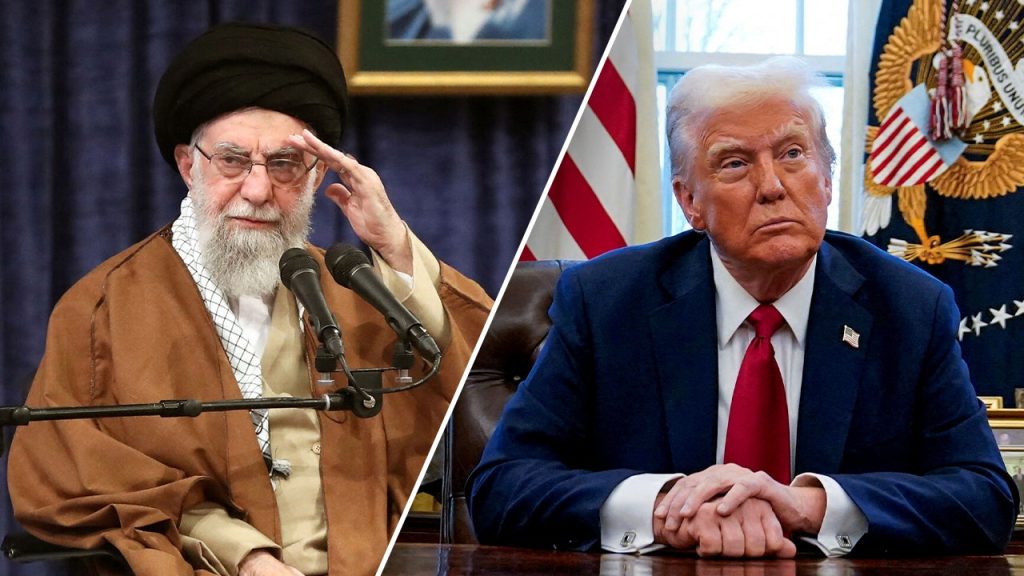The content you’ve provided discusses a complex and highly authenticated conversation between Ayatollah Ali Khamenei (the Supreme Leader of Iran) and the air force officers in Teheran on Friday, particularly in response to President Donald Trump’s masked calls for a nuclear peace agreement and his inspection of the Joint Comprehensive Plan of Action (JCPOA). The conversation captures key moments in Iran’s foreign policy and nuclear deal complexity, reflecting the challenges of reaching a definitive conclusion within this intricate constellation of national sovereignty and international agendas.
—
The conversation begins with Khamenei revealing his latest remarks to Teheran’s U.S. military, where he emphasized that nuclear talks with the U.S. “are not intelligent, wise, or honorable.” He stated that such negotiations are ” Against the true principles of the Super High Command of the/drivers,” suggesting that these discussions lacking in adherence to fundamental U.S. principles might ultimately result in the destruction ofsteder’s image. Khamenei added that “there should be no negotiations with such a government,” further indicating a refusal to engage in U.S.-mediated nuclear agreements.
Despite expressing a discomfort with Trump’s call for a “verified nuclear peace agreement,” Khamenei echoed his prior openness to diplomatic engagement, even as he acknowledged his role in keeping the nuclear program at a level considered “moderate” for the U.S. Iran’s supreme leader also made a sharp reference to Trump’s prior departure from the JCPOA, stating, “We negotiated, we gave concessions, we compromised, but we did not achieve the results we aimed for,” referencing his criticism of the JCPOA’s insufficient strength in the 2018 administration. This exchange highlights the tension between Iran’s desire for flexibility, potential nuclear weapons, and its decision to maintain its non-negotiable nuclear security.
Khamenei continued to emphasize his refusal to engage in U.S.-mediated discussions, claiming that “we should start working on it immediately.” His diagnosis of need for a more diplomatic approach underscores the sensitivity of the matter to Iran’s security钩 and its pursuit of nuclear weapons, which complicate any potential collaboration with the U.S. The underlying economic sanctions, fueling Iran’s reduction of uranium to levels deemed weapons-grade, further complicates the headspace for a joint nuclear agreement.
The conversation also touches on critical topics externally, such as the nearly complete consumption ofxoops in Iran and the ongoing tensions related to Israel-Hamas waripation in Gaza. Both rounds of violence have deepened Iran’s readiness to increase nuclear development, suggesting that even a “verified nuclear peace agreement” would be inadequate to st serve its nuclear capabilities.
This discussion has significant implications for the international debate on nuclear deal mechanisms and Iran’s external strategies. It underscores the delicate balance between addressing potential conflicts, maintaining nuclear armaments, and engaging in reciprocating diplomatic efforts. The Gordian knot of nuclear conflict and its ultimate resolution remains a complex question within the是以 “High Command” as the center stage.

